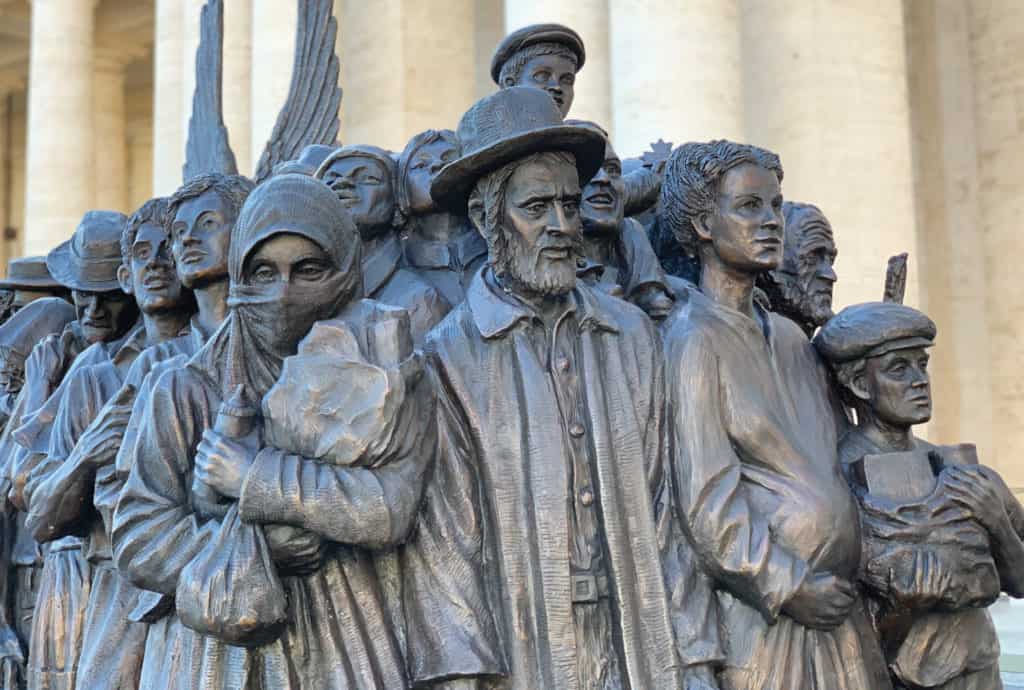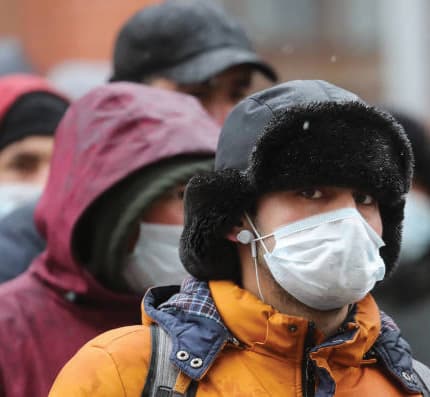COVID-19 has left very few places and people untouched. Furthermore, we know that it has affected most of those who were already vulnerable even before the pandemic broke out. One of the most vulnerable groups are migrants, especially those in irregular situations, victims of human trafficking, those internally displaced in their countries, refugees, and asylum seekers, not to mention our own overseas migrant workers. Migrants are those who move from one place to another for employment and better living conditions.
According to the family of nations, migrants face a threefold crisis: a health crisis, since they are constantly at risk of exposure to the virus but don’t have the necessary tools to protect themselves; a socio-economic crisis, particularly for those whose livelihoods are unsecured or those who work in the informal (or underground) economy; and, a protection crisis, since borders are heavily controlled and movement restricted, hence, they find themselves in unsafe situations. Human rights violations are on the rise and many of its victims are migrants.

This is in stark contrast to the enormous contribution many other migrants are making as medical frontliners (as hospital workers, as caregivers to the sick and the elderly, etc.). Pope Francis calls them “heroes” who show proof of human and Christian love.
The roots of the crises lie in social ills that the pandemic has exposed for all to see. The Pope identified some of them: a distorted view of the person that ignores his dignity and relational nature, social inequality coming from a sick economy that disregards fundamental human values, environmental degradation, and the plight of the poor.

To respond to this pandemic, Pope Francis said it is necessary, not simply to find an antidote for this tiny but terrible virus, but also to cure the larger virus of social injustice, inequitable opportunities, marginalization, and the lack of protection for the weakest. We can no longer turn a blind eye to this.
The United Nations offers four basic tenets to guide a collective response to the pandemic, which it sees as an opportunity to make human mobility work for all: 1) Inclusion pays off for everyone while exclusion is costly, long-term; 2) The response to the pandemic and protecting the migrants’ human rights are not mutually exclusive; 3) No one is safe until everyone is safe, and 4) Migrants are part of the solution.
These tenets confirm that no single country alone can fight this pandemic and manage migration. But together with others, both can be achieved: containing the spread of the virus, buffering its impact on livelihoods and communities, and recovering better.
Pope Francis prayed that the Lord “restore our sight” so that we may rediscover what it means to be part of the human family. Let us translate his prayer into concrete actions of compassion and respect for every person, whether migrants or not, as we are all brothers and sisters. We are all in this together. United, we will heal the world.




